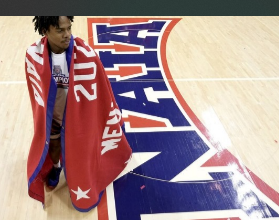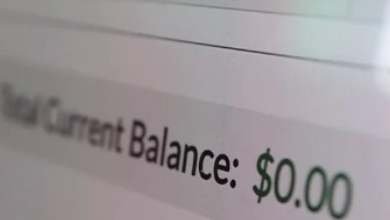
On Tuesday, the Biden administration pledged increased federal financial aid eligibility for college students, but by Thursday, Congressional rejected the proposal amid budget disputes to keep the government funded. The move, aimed at directing additional funds to the Pell grant program benefiting low-income families, faced criticism for potentially depleting reserves and creating a funding gap.
Congressional
The sudden request sparked congressional debates, with accusations of overreach and concerns about the Pell Grant program’s long-term sustainability. The controversy adds stress to colleges, already grappling with challenges arising from recent changes to the Free Application for Federal Student Aid (FAFSA).
The Education Department’s announcement of a technical error in the FAFSA law prompted confusion and questions about the appropriate course of action. While the department claimed it aimed to rectify the oversight, some doubted the extent of its authority and pondered whether congressional approval was necessary.
By Thursday, a stopgap spending measure was signed, reversing the earlier decision and allocating around $8 billion for the Pell program, safeguarding funding until 2027 but at lower levels than initially intended. The outcome left both Democrats and Republicans discontented, further straining the relationship between the federal government and colleges.
The incident underscores the unpredictability and political nature of FAFSA reforms, even as the Education Department assures minimal delays. Amid the fallout, doubts persist about the department’s commitment to timely implementation.
While Congress acted swiftly to address the Pell Grant funding issue, the disarray affected another bill, the Bipartisan Workforce Pell Act, intended to expand college financial aid. Originally set for consideration, the bill faced delays, with debates over its necessity and concerns about potential exploitation by for-profit colleges.
As higher education grapples with these challenges, the fate of the legislation and the broader landscape of financial aid remain uncertain.




